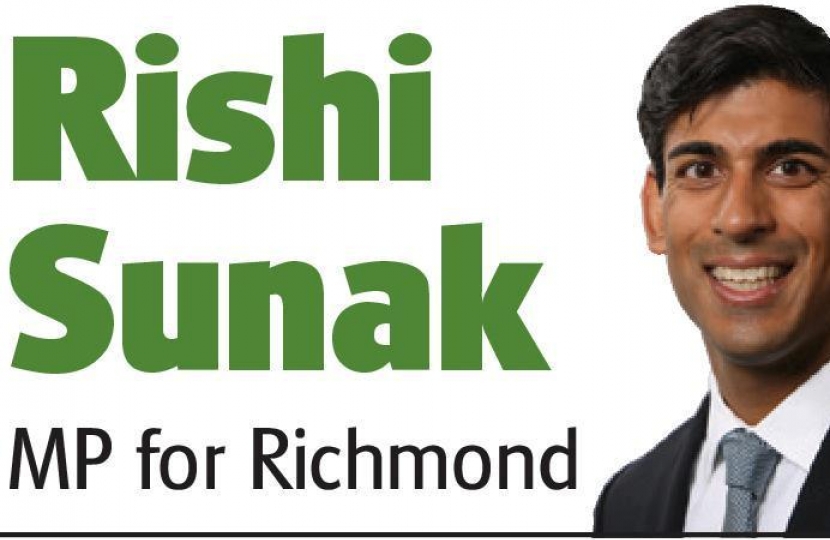
Few farmers are enjoying a bounteous harvest at the moment – none more so than those in the dairy sector.
Milk prices have continued to fall and just last week Arla, one of the major processors, dropped its farmgate payment to just 20.12p. That’s way below the cost of production for the majority of farmers.
The growing concern about the long-term sustainability of dairy farming prompted a special Westminster debate and I was among the MPs who had the chance to contribute.
It is an issue to which I have devoted a great deal of time to in Westminster – and in the constituency – since I was elected, primarily through my work on the Environment, Food and Rural Affairs select committee.
I contributed to the committee’s report on Farmgate prices published at the end of last year which called on government and the industry to do a number of things to help dairy farmers in particular. We are awaiting the Government’s response to the report
In my Westminster Hall speech I touched on a number of those measures in the committee report which would make a difference. There is no one magic bullet to fix the crisis caused by global over-supply but these measures would definitely help.
I called for a tougher Groceries Code Adjudicator to ensure fair dealing by milk buyers, turning more UK milk into butter, cheese and yoghurt so we don’t need to import those dairy products, and better labelling so it is clear to consumers what they are buying. After months studying this industry, the fact that almost half the cheddar cheese consumed in this country is made from imported milk still shocks me
I also suggested that more dairy farmers should band together in producer organisations so they could negotiate better deals with the large supermarkets, and that the Government should step up its efforts to create a milk futures market – a mechanism whereby dairy farmers could agree to sell milk at a certain price at a specified point in the future.
It was good to hear the Minister, Rory Stewart, acknowledge the potential importance of this last point in his response at the end of the debate.
Finally, I said Government should make sure that local government, the military, schools and hospitals all bought British dairy produce.
The same principle should apply to other sectors of the economy – government in all its forms should set an example – and we should buy British wherever possible.
This would also help the steel industry. Recently in the Commons I urged the Business Minister Sajid Javid to make sure that British steelmakers had every opportunity to bid for government contracts in the UK.
I was glad to hear that the Government has recently changed procurement rules to take into account social and economic factors which will make it easier for UK steelmakers to win their share of the £300bn of infrastructure projects that are currently in the pipeline.
